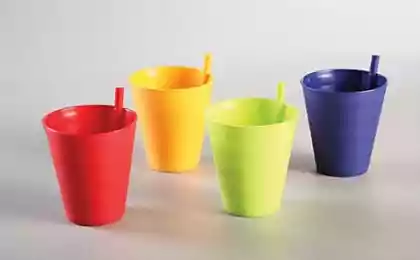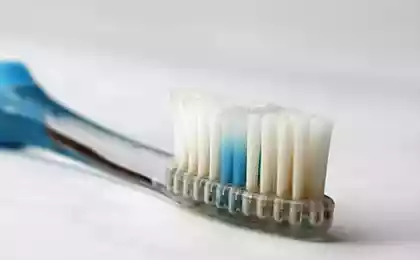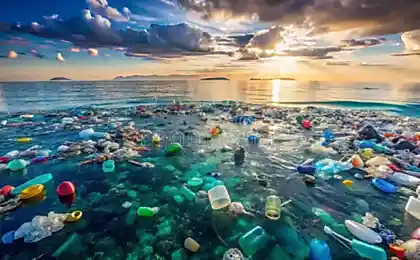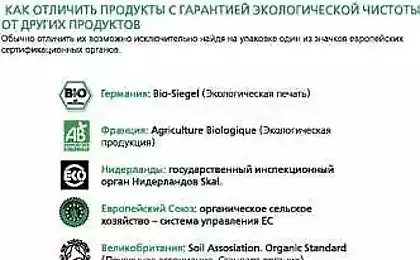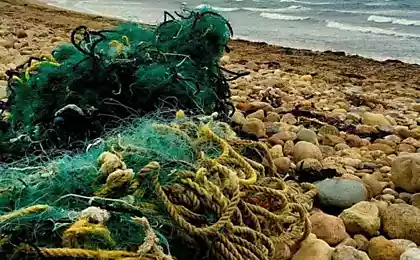343
Canada refuses plastic microspheres in personal care products
Microspheres are small plastic particles, similar to plastic of grain, usually less than 5 mm in diameter. Lately they have become more and more popular as additives in different products, and while these microgranules can seriously hurt your face, they also cause serious damage to the environment, this leads to the fact that in many countries are currently considering a partial or complete ban on this Supplement (not yet on the Federal level 8 States have already held the prohibitory law, and 17 are awaiting a decision).
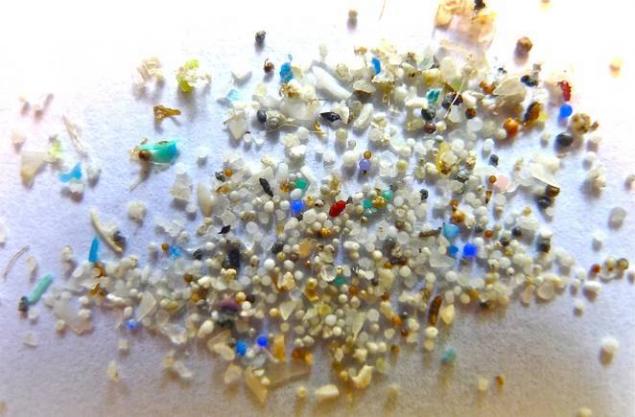
A huge number of microspheres in the end ends up in the waste, some of which even goes through the filtration system, and subsequently moves its way up the food chain.
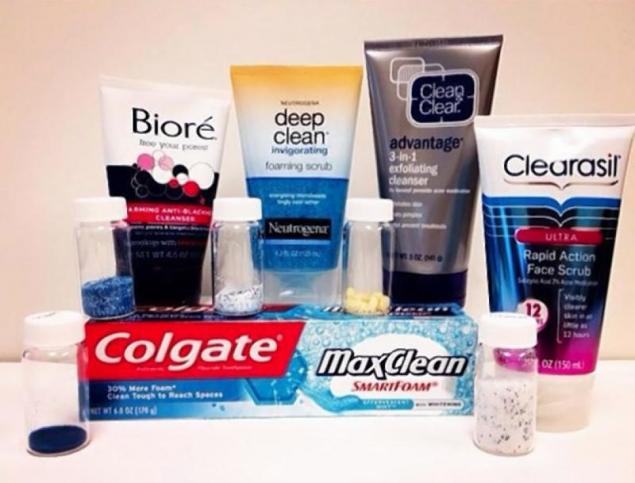
Scientists of environment Canada from the Department of the national government reviewed more than 130 scientific papers and expert consultation, and came to the conclusion that the microspheres must be added to the national list of toxic substances.
This will give Canada the right to regulate the sale, manufacture and import of the microspheres. However, this prohibition will not take effect immediately. Three days after the announcement of this decision, Stephen Harper (Stephen Harper), Prime Minister of Canada, appointed the elections on October 19.
But both main opposition parties together called for a ban, so it's still going to happen regardless of which party wins. More challenging will be the plan of the government to determine its policy with America.
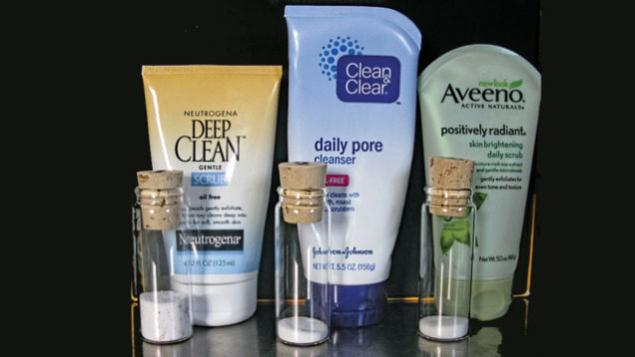
Research conducted last year, 5 Gyres, an organization aimed at reducing plastic pollution, found an average of 43,000 microplastic particles per square kilometer. In cities, this number jumped to 466 000. And because the granules is not particularly good decompose, they accumulate and their number is getting bigger every year. published
P. S. And remember, only by changing their consumption — together we change the world! ©
Source: www.facepla.net/the-news/5152-пластиковые-микросферы.html

A huge number of microspheres in the end ends up in the waste, some of which even goes through the filtration system, and subsequently moves its way up the food chain.

Scientists of environment Canada from the Department of the national government reviewed more than 130 scientific papers and expert consultation, and came to the conclusion that the microspheres must be added to the national list of toxic substances.
This will give Canada the right to regulate the sale, manufacture and import of the microspheres. However, this prohibition will not take effect immediately. Three days after the announcement of this decision, Stephen Harper (Stephen Harper), Prime Minister of Canada, appointed the elections on October 19.
But both main opposition parties together called for a ban, so it's still going to happen regardless of which party wins. More challenging will be the plan of the government to determine its policy with America.

Research conducted last year, 5 Gyres, an organization aimed at reducing plastic pollution, found an average of 43,000 microplastic particles per square kilometer. In cities, this number jumped to 466 000. And because the granules is not particularly good decompose, they accumulate and their number is getting bigger every year. published
P. S. And remember, only by changing their consumption — together we change the world! ©
Source: www.facepla.net/the-news/5152-пластиковые-микросферы.html

